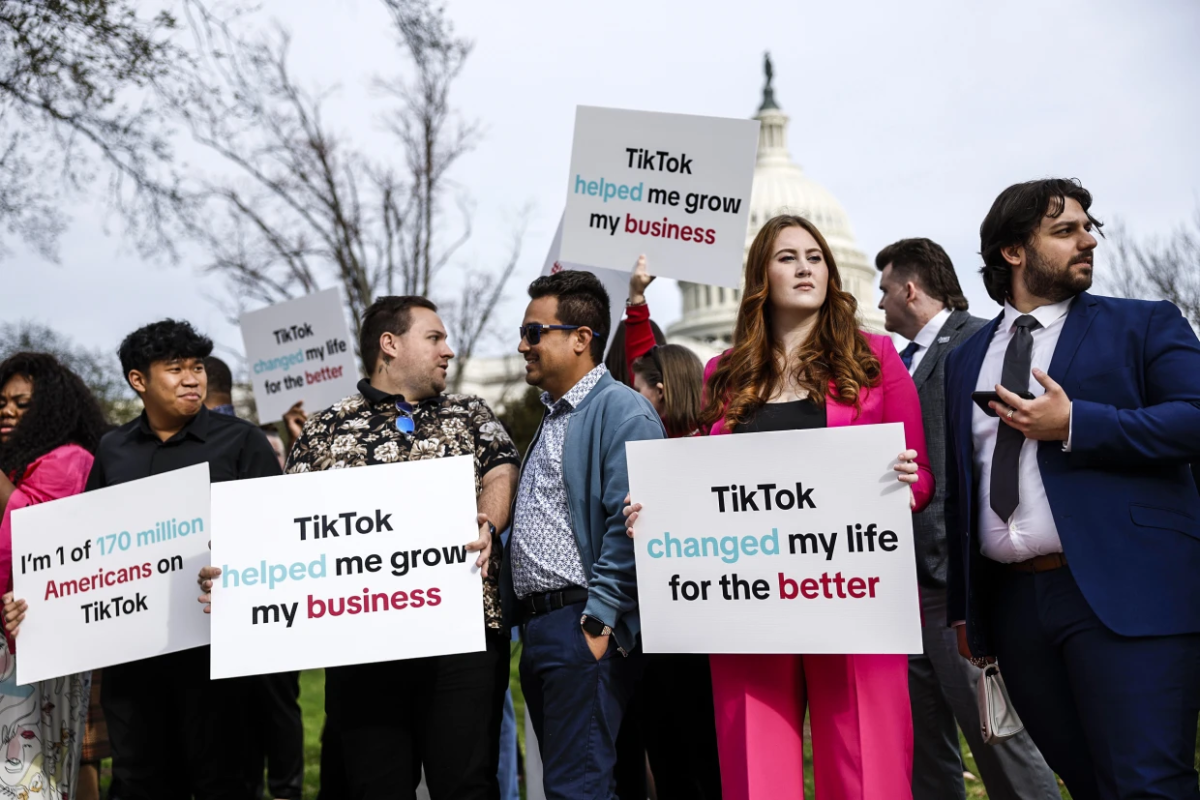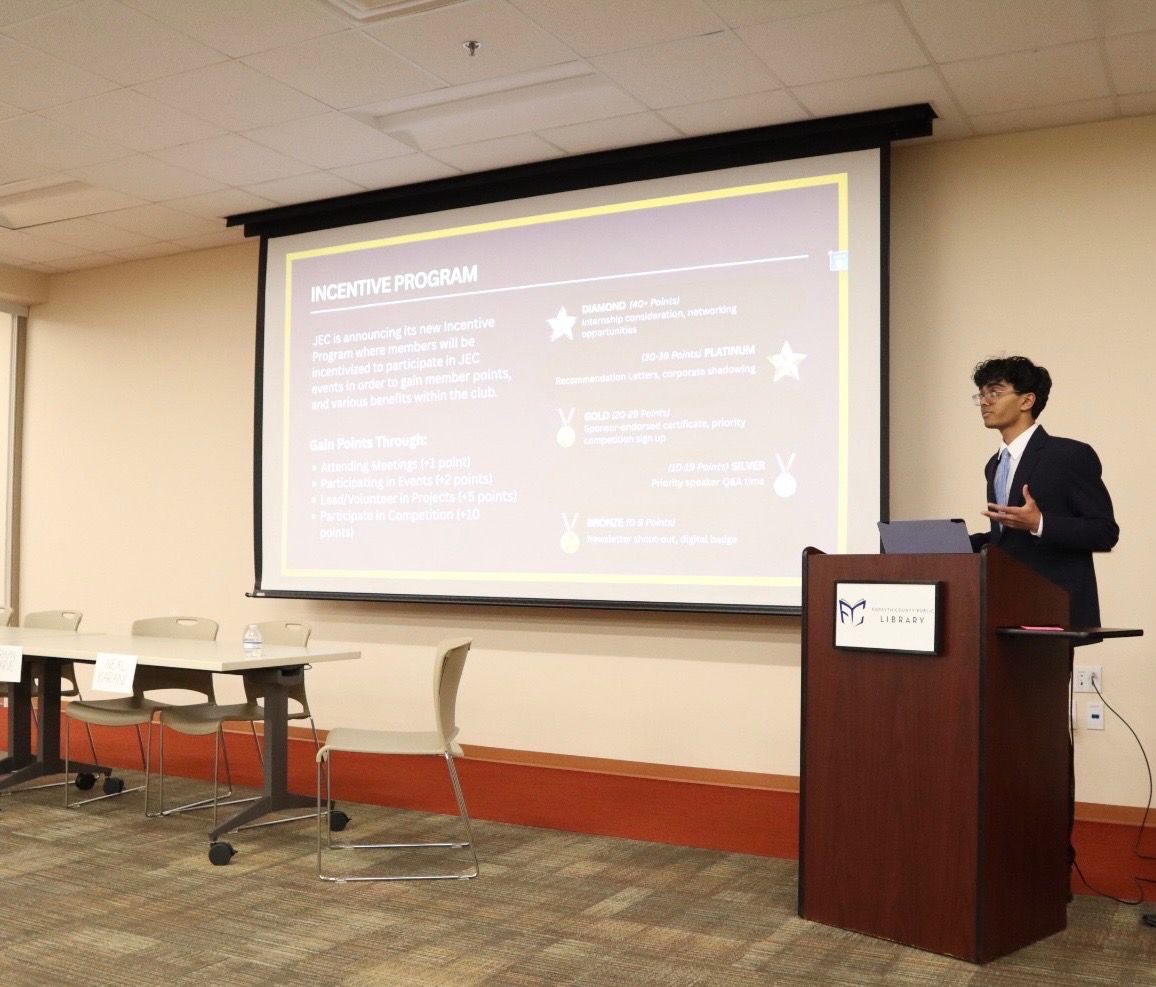TikTok, the infamous video-sharing app, has found itself at the center of a whirlwind of controversy and uncertainty in the US. Tiktok, which is owned by ByteDance, a Chinese company, has been accused of being a threat to national security since 2020. The years-long battle has reached a critical juncture, with the House of Representatives moving forward with legislation aimed at forcing ByteDance to sell its ownership stake in the app in 180 days so that there is no longer any Chinese involvement. The bill has sparked debate and discussion all over the world, especially in regards to what sparked this bill and why the US government aims to ban the app.
“The problem is that TikTok is owned by a Chinese company and controlled by the Chinese government.” AP United States Government and Politics teacher Mr. Moran said. “The Chinese government can get the data and use it. That’s a national security issue because they’re going to use that information to the detriment of our national security.”
The Federal Bureau of Investigation and many other governmental organizations have long voiced concerns about TikTok’s potential national security risks, citing fears that the Chinese government could exert control over the app’s software to conduct influence operations. These concerns stem from the Chinese Communist Party’s significant influence over private corporations in China which raised alarms about the potential for data manipulation and surveillance. While this is a concern, there has been no record of such misuse of data by TikTok.
During the Trump Administration, there were hopes to combat this problem by spearheading efforts to force a sale of the app’s U.S. operations to American companies. However, despite negotiations with potential buyers like Microsoft and Oracle, there was no deal leading to heightened tensions between the U.S. and China over the app’s ownership. Now that the issue has been brought to the spotlight again, Congress looks forward to seeing the app in the hands of American companies.
Nonetheless, even if the House-passed legislation becomes law, there are still many challenges that make this transaction very complex. Many financial experts warn that the proposed divestiture may face resistance from China and legal obstacles in multiple jurisdictions. ByteDance has put up a fight as the company utilizes all its resources to ensure that it is not separated from its technological infrastructure.
On the other hand, many American corporate giants and elites are banding together to buy the company. For example, former treasury secretary Steven Mnuchin and other wealthy investors are trying to create a coalition to purchase the company.
“If they can put a group together or get the financing together to buy it [TikTok], then that would fit the parameters of the bill.” Mr. Moran added.
While the prospect of American companies acquiring TikTok offers a glimmer of hope for resolving the ongoing controversy, it is a tough road ahead as ByteDance continues to resist the idea of divesting. The outcome of this high-stakes battle for TikTok’s ownership will not only shape the company’s future but also influence broader discussions surrounding technology regulation and international relations.















